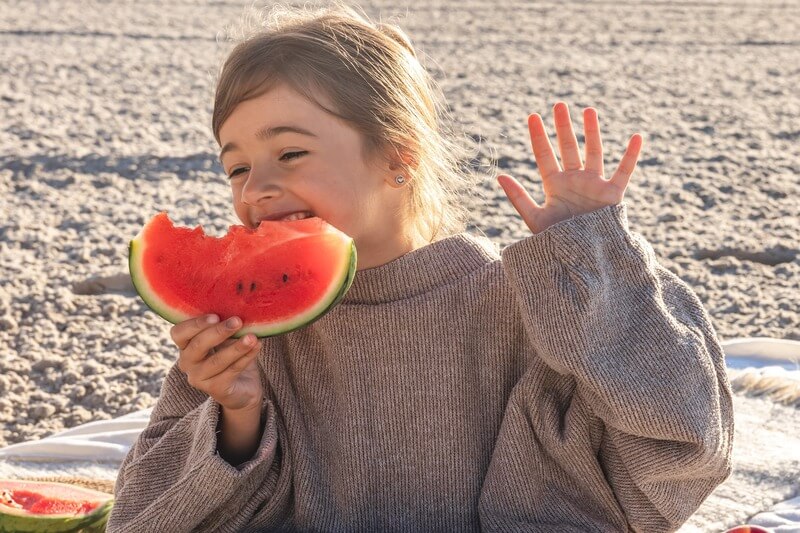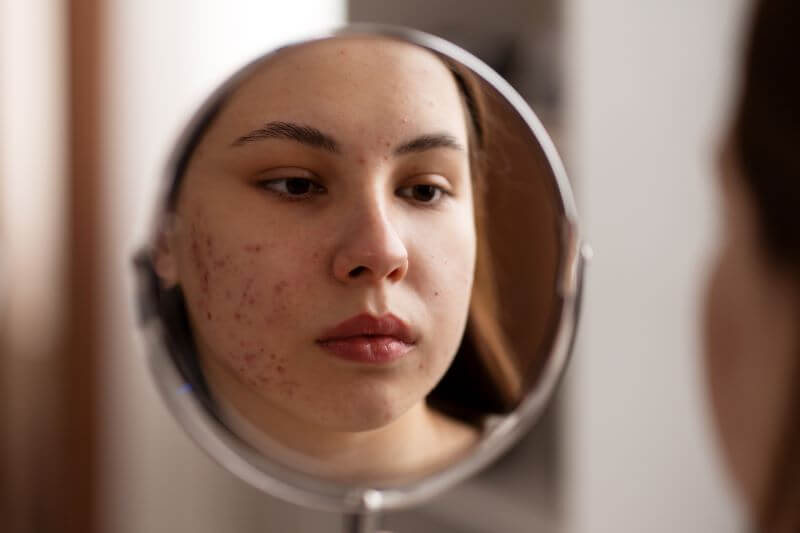Lyon has long been celebrated as the capital of gastronomy, where the art of eating well while maintaining health is paramount. Audrey Cosson, a researcher in food science and sensory evaluation at the Lyfe Institute’s research center in Écully, north of Lyon, shares her nutritional advice on the program “Votre Santé” on BFM Lyon, as summer temperatures begin to rise.
Our eating habits often shift with the seasons, particularly when the sweltering heat of summer arrives. Audrey Cosson, a research scientist with the Nutrition team at the Lyfe Institute (formerly Paul Bocuse) in Lyon, shares her top nutritional tips for summer as a guest on the show Votre Santé on July 2, 2024.
What Are The Recommendations For Summer Nutrition?
Staying hydrated is essential. In addition to protecting the skin from the sun, it’s important to drink water or other hydrating beverages like fruit juices and soups regularly. Certain drinks, such as alcohol, can lead to dehydration instead. Water-rich foods like watermelon and fresh fruits also help to maintain hydration levels.
How Can Seniors Prevent Dehydration During Heat Waves?
It is advised that individuals drink at least one and a half liters of water daily. In addition to water, fruit juices and herbal teas can be beneficial. Foods like watermelons and tomatoes are also excellent sources of hydration.
What Are Your Tips For Healthy Weight Loss Before Summer?
Rather than following strict diets, it’s better to focus on a balanced diet and maintain a healthy lifestyle. This includes getting enough sleep, consuming regular meals with carbohydrates, proteins, vegetables, fruits, and fats. It is also vital to manage stress levels and maintain a daily routine.
Do Any Foods Promote Tanning Or Protect Skin From The Sun?
Foods that are high in antioxidants, such as fruits and vegetables, can help protect the skin and mitigate aging effects. Nevertheless, sunscreen remains essential for effective protection against UV rays.
Which Foods Are Recommended For Increasing Vitamin D Intake?
Vitamin D is primarily acquired from sunlight, with about 20% coming from food sources. Fatty fish and certain mushrooms are excellent dietary sources. During winter months, when sun exposure is limited, supplementation may be necessary to meet vitamin D needs.
Have You Noticed Any New Food Trends In The Area?
Yes, dietary habits are constantly evolving. Consumers are increasingly mindful of food quality, favoring options that are healthy and environmentally friendly. Vegetarian and local eating trends are on the rise, reflecting a growing concern for the sourcing of food products.
You can find the Replay of the show Votre Santé from July 2, 2024, here.
NOTE
The Lyfe Institute’s research center (formerly Paul Bocuse) is dedicated to food transition. This initiative integrates aspects of taste, health, and sustainability. Since 2008, it has been conducting multidisciplinary scientific research and developing innovations to meet contemporary and future food challenges.







